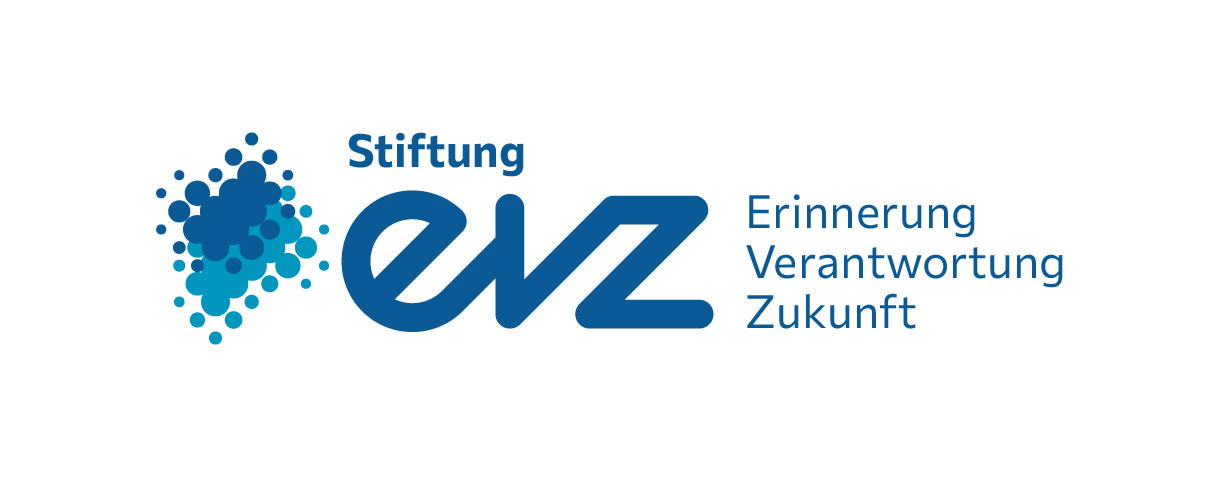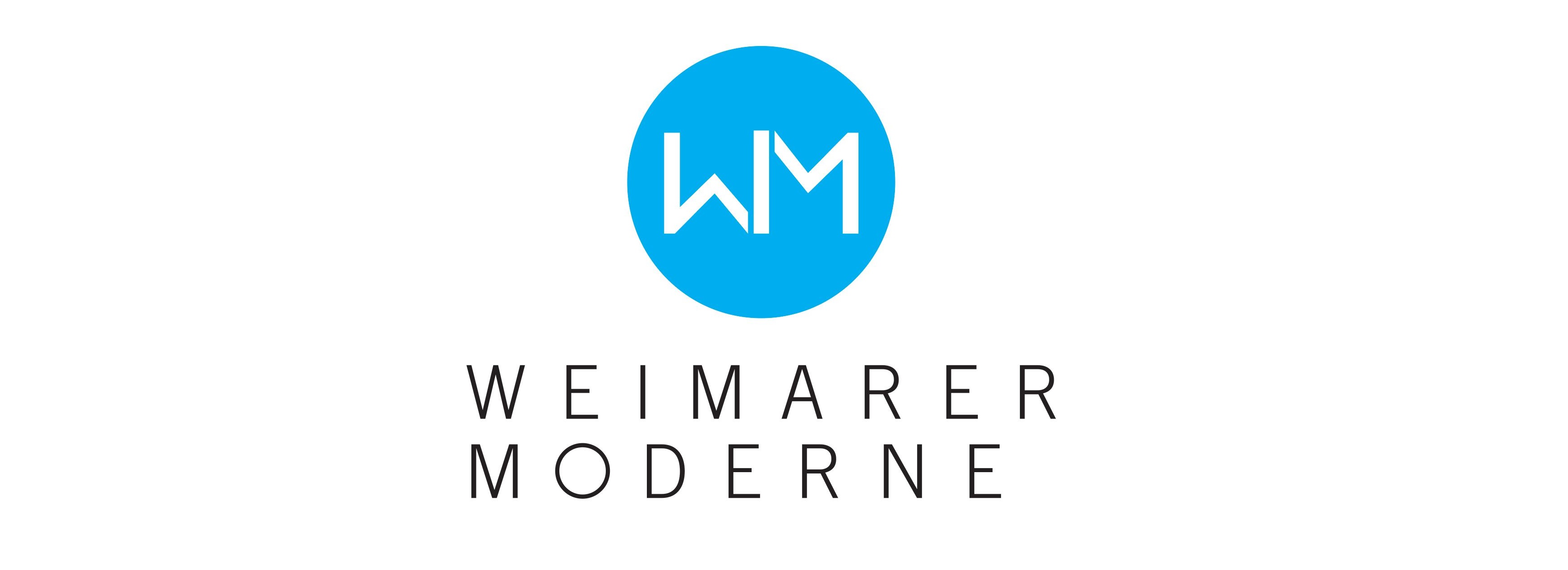




The motto “Arbeit adelt” (“work ennobles”) was coined to promote the "Reichsarbeitsdienst" ("Reich Labor Service"), an institution established in 1935 that was rigorously military in nature. Every young German male was required to serve in this organization for six months. Labor was equated with sacrifice for the "people’s community." The workers assisted in road construction or agricultural work. In addition to reducing unemployment, the Reich Labor Service also fulfilled the purposes of ideological training and the paramilitary preparation for war.
The Reich Labor Service was thus a fundamental means of enforcing National Socialist social policies and an integral element of state control over young people: Boys progressed from the Deutsches Jungvolk (German Youth) to the Hitlerjugend (Hitler Youth). They then fulfilled their Labor Service obligations and were ultimately conscripted into the Wehrmacht.

→ “VOLKSGEMEINSCHAFT” (“people’s community”)
This community was conceived as a superior "blood community" faced with the challenge of defending itself against everything "racially foreign." Propaganda portrayed German workers and soldiers as the male ideal in this struggle. A racist, achievement-driven ideology masked and social inequalities and simultaneously created a pretext for persecuting political opponents, supposedly inferior persons, and the "work-shy".



